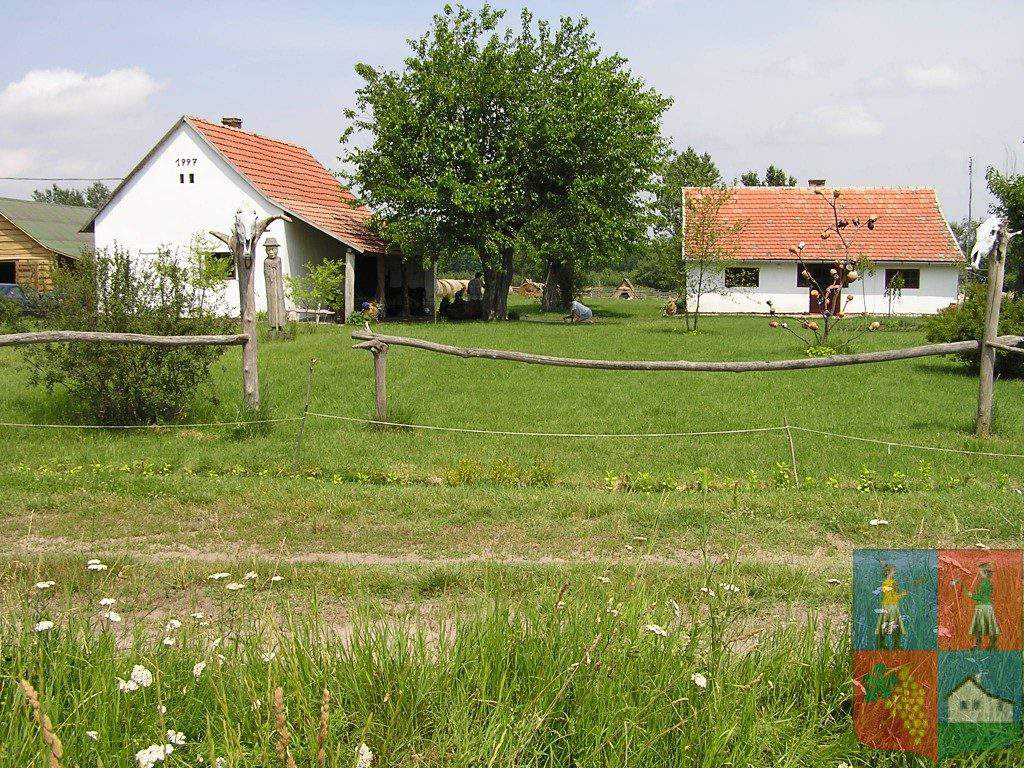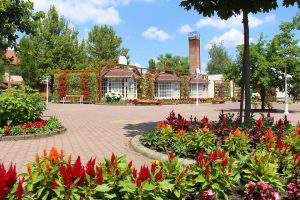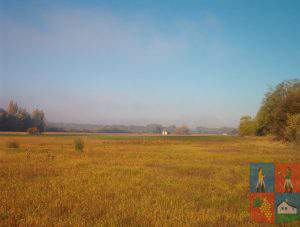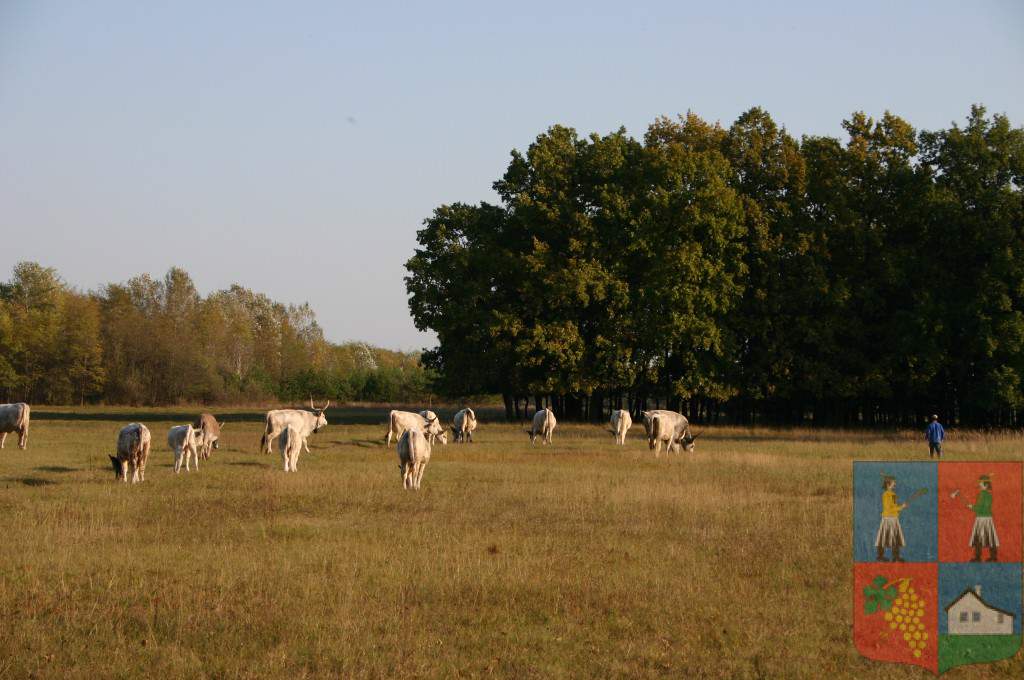Dutch families found peace on the Great Hungarian Plain
After mno.hu had spent a day among the Dutch residents of Csemő, found near Cegléd, they came to the strange conclusion that the Dutch find Hungarians to be Mediterranean spirits who can live for the moment and don’t overstress about everything.
North Brabant, contrary to its name, is one of the southern provinces of the Netherlands. After the Treaty of Westphalia in 1648, it was split into two parts: its southern regions – Brussels, Leuven, Antwerp – became the territory of today’s Belgium, while its northern regions remained Dutch territories. It’s a flat, spacious region with many poplars.
It’s almost like the poplar and acacia woods of Csemő, 85 kilometres from Budapest, characterised by soil inadequate for agricultural cultivation. Another similarity between the two places is that both are inhabited by quite a lot of Dutch people. Naturally, there are less in Hungary, but their number still catches the eye.
The Dutch Trouw paper recently published an article about the Dutch settlers living in Csemő. The article suggested that one of the reasons they chose Hungary was the fear of refugees and terror attacks. Jacqueline Bastiaensen said that she 100% agrees with the migration policy of Viktor Orbán and the southern border fence.
Jacqueline Bastiaensen is a kind, warm-hearted woman, who found her peace in her farm in Csemő, where she operates a guest house. She left Brabant five years ago with her husband. The landscape reminds her of her hometown very much, but there’s a big difference: there’s much more space in Csemő.
“The Netherlands is like an ant-hill: it is very crowded and the life is over-controlled. We only knew about Lake Balaton, but one of our friends recommended Csemő. We fell in love with the scenery, and the prices convinced us that we had to move here. We came here five years ago, we can breathe again since then.”

Photo: www.csemo.hu
The land is truly like the Paradise. The four dogs of Jacqueline and Jeroen probably think the same, they even have a dog pool. The couple makes a living by renting their two guest houses to mainly Dutch and Belgian travellers, and by looking after the farms of their compatriots who only spend a few weeks in Csemő.
Naturally, not everything is perfect here. According to the couple some aspects of the Hungarian mentality are strange. “There’s a repairman in the village, who we call ‘Tomorrow Zsolti’ because he always promises to come the next day, but never does. It was quite strange in the beginning, but I got used to it with time. Although this mentality can be annoying sometimes, for instance, in the summer, when we constantly have guests and everything needs to go smoothly” said Jacqueline.
“Dutch people work to move forward, they are willing to work more to save money. As I see, Hungarians make do with less, they don’t overwork. Of course this way it’s harder to plan with them. Everything is much more predictable in the Netherlands, but I don’t mind it since here I’m not under constant stress and I can watch roe-deer families from my porch” said Lammi Luten, the neighbour of the Bastiaensen family, who’s been living in Csemő with her husband for eight years.
According to certain estimations, 100-150 Dutch have settled down in Csemő. Roland Lakos, the mayor of the village frequently mentioned that Csemő is Hungary’s most flowery settlement, and that he believes in the interaction between Dutch and Hungarian residents, while, of course, he knows that the language barrier makes it hard. Still, he’s happy about the Dutch choosing Csemő. The most important information can even be found in Dutch on the website of the village.

Csemő, Hungary’s most flowery village – Photo: www.csemo.hu
Due to the reasons mentioned above, the Dutch residents don’t really take part in social events, except for their kids, who speak fluent Hungarian. They might be the ones to strengthen the Hungarian-Dutch relations a few decades later.
Getting back to the reasons these families chose to come here for, the migration crisis wasn’t a prominent aspect at all, because most of them came to Hungary much earlier. The reasons are much more simple: affordability, spaciousness, the closeness of the capital and the airport, the lovely climate and hospitable, helpful people. And there’s one more thing.

Photo: www.csemo.hu
“When it’s dark here, it’s actually dark. Light contamination is a serious problem in the Dutch countryside. I can’t even recall seeing the Milky Way before moving here. But here we can see the stars on the clear sky. It’s so magical that it makes me forget about ‘Tomorrow Zsolti’ and any annoyances” summed up Jacqueline Bastiaensen.
Dutch presence is actually also remarkable at other rural points in the country, even in very small villages, like, for example, Perőcsény, “Pearl of the Börzsöny”.
Featured image: www.csemo.hu
Ce: bm
Source: https://mno.hu/
please make a donation here
Hot news
Minister: Hungary will protect its territory by every means possible
Orbán cabinet may double airspace fee: another ticket price increase?
Hungary expanding the list of prohibited designer drugs
Hungarian minister: Ukraine ‘blackmailing’ Hungary and pro-peace states
Cocaine found on a Greek bus at southern border of Hungary
NCIS star arrived in Budapest: spin-off filming started




